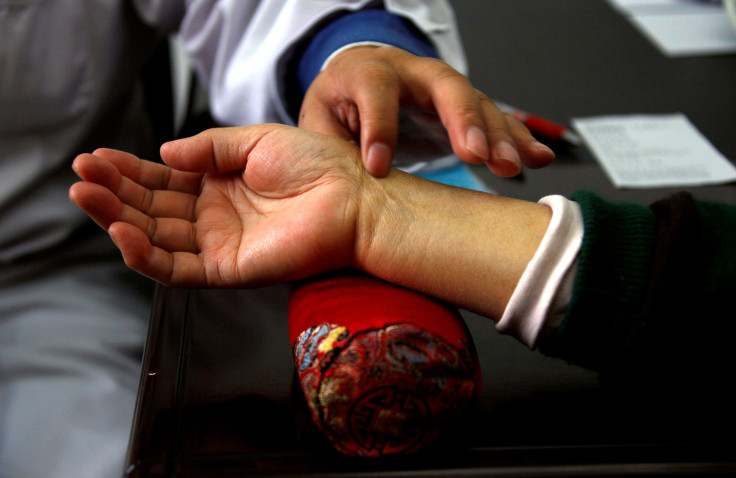NSW healthcare: New report reveals higher complication rates, waiting times, 'respectful care'

New South Wales patients wait longer for common procedures and have higher rates of complications after surgery compared to those in other parts of Australia, according to a new report. The annual Healthcare in Focus report by the Bureau of Health Information looked into how NSW performed with other Australian states and territories.
The report has also compares NSW’s performance with 11 countries including the United States, United Kingdom and Canada. Dr Kim Sutherland, the bureau's acting chief executive, said that NSW’s health system performed well overall.
"Overall, when we looked across the indicators for which we have international data, NSW outperforms most of the countries for around 80 per cent of those indicators," she said. At the same time, however, Sutherland noted areas where improvement was possible.
Waiting time
Waiting times for common procedures like cataract surgery and hip and knee replacements were longer here compared to other countries, especially among patients from lower socioeconomic areas. Based on the latest report, NSW patients waited on average 207 days for hip replacement surgery and 291 days for knee replacement surgery. The median wait for cataract surgery was 222 days.
Post-surgical complications
The report indicates areas where NSW performed below other states and territories in main indicators of safety. For instance, NSW patients had higher rates of post-surgical complications than in other countries. It states that wrong use of procedures like knee arthroscopy persists. Seventy percent of these surgeries are performed on patients for whom there was no prospect of benefit, according to the report.
NSW hospitals recorded higher rates of blood clots and sepsis than several other countries. NSW Health Department deputy secretary Susan Pearce said the state's hospitals have programs to tackle deep vein thrombosis and sepsis, and that $3 million had been allocated to reduce waiting times, the ABC reports.
'Respectful care'
Patients from NSW said they received "respectful care" and felt they were "definitely" involved in decisions concerning their healthcare. NSW was considered a higher performer across 40 percent of measures.
Sutherland noted deaths from heart attack and stroke falling sharply. "Healthcare is accessible to most people in NSW and patients generally receive it in a timely and safe way,” she said, adding that no jurisdiction spent fewer health dollars per capita and achieved better outcomes for patients.
The state spent an estimated $46 billion or $6122 per person in 2014-2015. Anyone can visit the BHI website at bhi.nsw.gov.au for the full report.
PBS NewsHour/YouTube





















